Do Squirrels Mate For Life? Find Out Right Now
Squirrels are unique and complex creatures with zany little attitudes that provide hours of entertainment. At Kitty City Squirrels, we want to answer the questions readers ask most. One of those questions is, “do squirrels mate for life?” Researchers and wildlife experts have heavily debated this topic for quite a long time. So let’s explore some facts on this subject everyone wants to know about.

Squirrel Moms
Most female squirrels begin reproducing around one year old but can bear young as early as five and a half months, and they can bear young twice a year for more than eight years.
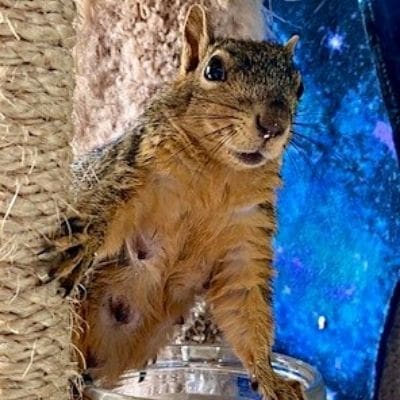
Squirrels like to follow the same pattern year after year. Following the same pattern means that they will return to their dreys (nests) or dens ( tree hole or cavity) around the same time, give birth at about the same time, and mate around the same time as well.
What is the Mating Approach for Squirrels?
When a female squirrel is in heat (estrus), which lasts less than a few hours, her scent and vocalizations attract males. A male can detect a female in estrus as far away as 1/3 of a mile (500 meters).
Squirrels start the mating process with a chase. Males in competition for the female will engage in a loud and wild pursuit before one of them gives up and leaves. The dominant male is typically the winner and mates with the female. The female squirrel may mate with more than one male, resulting in the same litter having different fathers.
They tend to mate between December to February and from May to June.
Squirrel Birth and Beyond
After a gestation period of 40-44 days, the female gives birth to an average of 2 or 3 babies, but possibly up to 9 kits (babies). The babies are born hairless, blind, and deaf. But maturity happens quickly, the ears open and the tail has an abundance of fur around four weeks, and the eyes open about a week later.
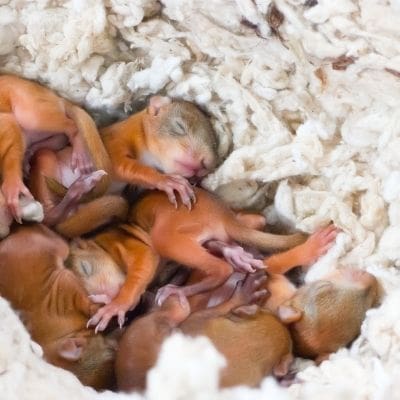
At eight weeks old, the young squirrels are venturing out of the nest for short distances and are weaning off mother’s milk and transitioning to solid foods.
Around eight weeks old, the squirrels are almost adult-size and become independent of their mother. Weaning, or making the transition from the mother’s milk to other food, begins at this time, and at about 12 weeks, the youngsters will be almost adult size and entirely independent of their mother.
Do Squirrels Mate for Life & Stay Together as a Family?
Immediately after mating, the male goes his way, and the female is left to raise the babies alone. There is no bonding between the male and female parents; instead, the bonding happens between mom and siblings. Based on these observations and squirrels becoming independent at 12 weeks old, the squirrel family does not stay together long-term.

Do Squirrels Mate for Life?
Arizona State University studied the mating habits of squirrels and determined that most squirrels do not mate for life. The research team analyzed over 4000 hours of video footage and found that two squirrels only mate 15% of the time.
One last surprising detail for this topic is that a female squirrel is good at identifying her whole family tree, and she rarely mates with family members.
So now we know the answer to the question, “do squirrels mate for life?” No, most squirrels don’t mate for life.

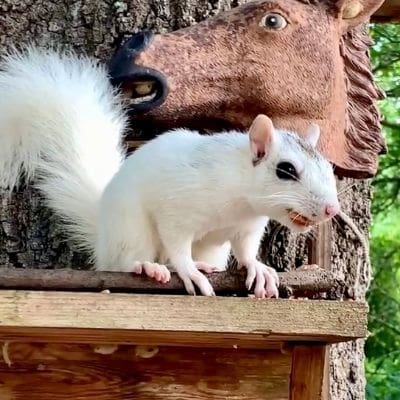
Wrapping Up
As someone who appreciates squirrels, I enjoy sharing information about their fascinating behaviors. If you have any questions you would like Kitty City Squirrels to address or puzzling squirrel behavior, please leave a comment below or reach out to us HERE. Take a look here if you would like to read about my first encounter with a newborn squirrel.
Subscribe to our VIP Squirrel Tails monthly magazine to keep up with the latest happenings at Kitty City Squirrels!
.
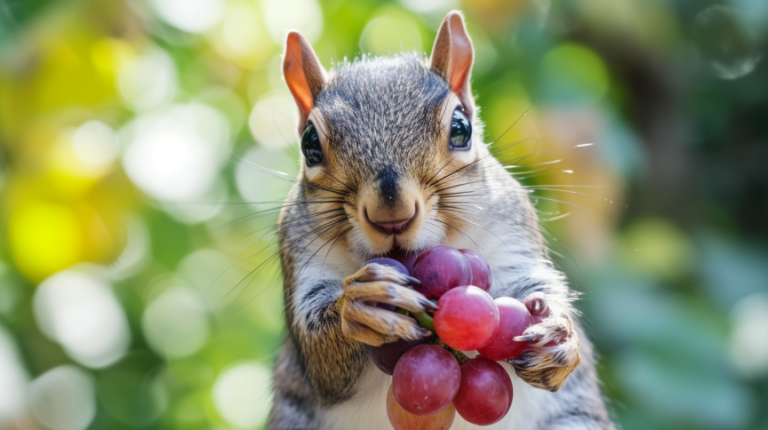

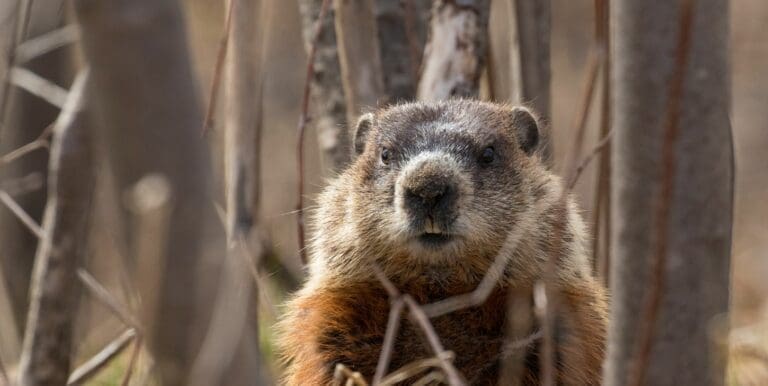
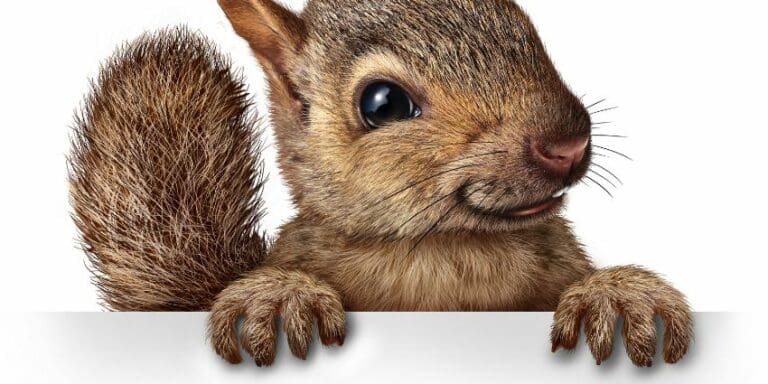
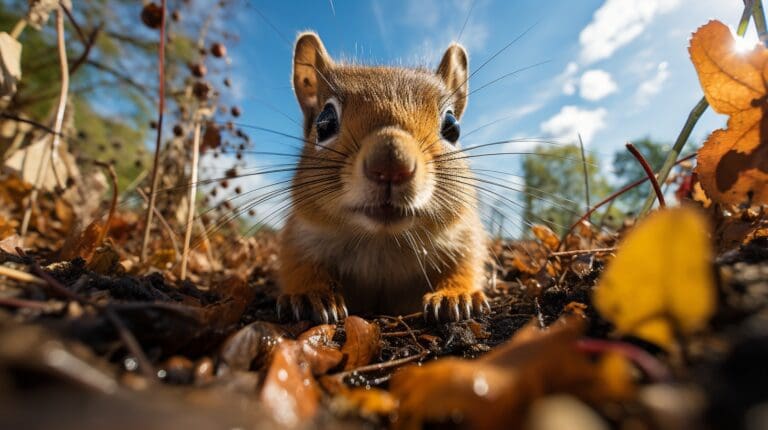
Interesting info!
Cynthia,
Squirrels aren’t very traditional! haha
M
Thank you Cynthia for always supporting Kitty City Squirrels.